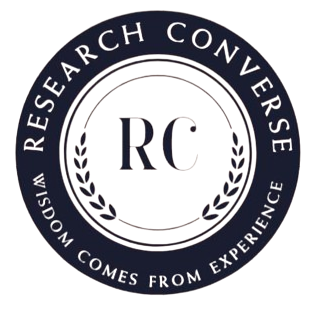Abstract
Indigenous Ecological Knowledge in STEM Education: A Geographical Perspective and Cultural Integration
Author : Dr. Deepak Kumar & Dr. Ashutosh Kumar
Abstract
This research explored incorporating Indigenous pedagogies, which are teaching methods and strategies that are rooted in Indigenous cultures and traditions, alongside traditional ecological knowledge (TEK) into STEM teaching. It focused on secondary schools in different geographical areas of the Tekari Block of Gaya in Bihar. Using mixed methods that include the quantitative evaluation of one hundred students alongside qualitative data from thirty educators and holders of Indigenous knowledge, the study explored the impact of blending conventional education frameworks on students’ scientific literacy and achievement at the grade level. The research focuses on two primary goals: understanding the impact of traditional ecological knowledge on modern scientific perception and examining the effect of indigenous teaching practices on learner outcomes within STEM frameworks. Research indicates that learners who engage with integrated Indigenous-STEM curricula demonstrate the following outcomes: (1) complexity of ecological systems is transcended with enhanced traditional knowledge perspectives, (2) strong bridging of theoretical concepts with real-world practices, (3) increased participation in STEM fields, especially among Indigenous learners, and (4) more comprehensive problem-solving skills in devising solutions for multidisciplinary environmental issues. The study hypothesises that integrating Indigenous methods-experiential learning, storytelling, and the passing down of knowledge between generations-alongside contemporary STEM teaching methodologies will not just create a learning experience, but a more constructive one for all students. Furthermore, some observations suggest that this could improve student retention of scientific material and increase interest in STEM subjects. These outcomes enrich culturally responsive STEM education models and deepen the strategies anchored on empirical evidence for the use of Indigenous knowledge systems within the conventional education framework. The research also illustrates the ways the Canadian Indigenous traditional ecological knowledge systems can complement science to nurture sustainable environmental education.
